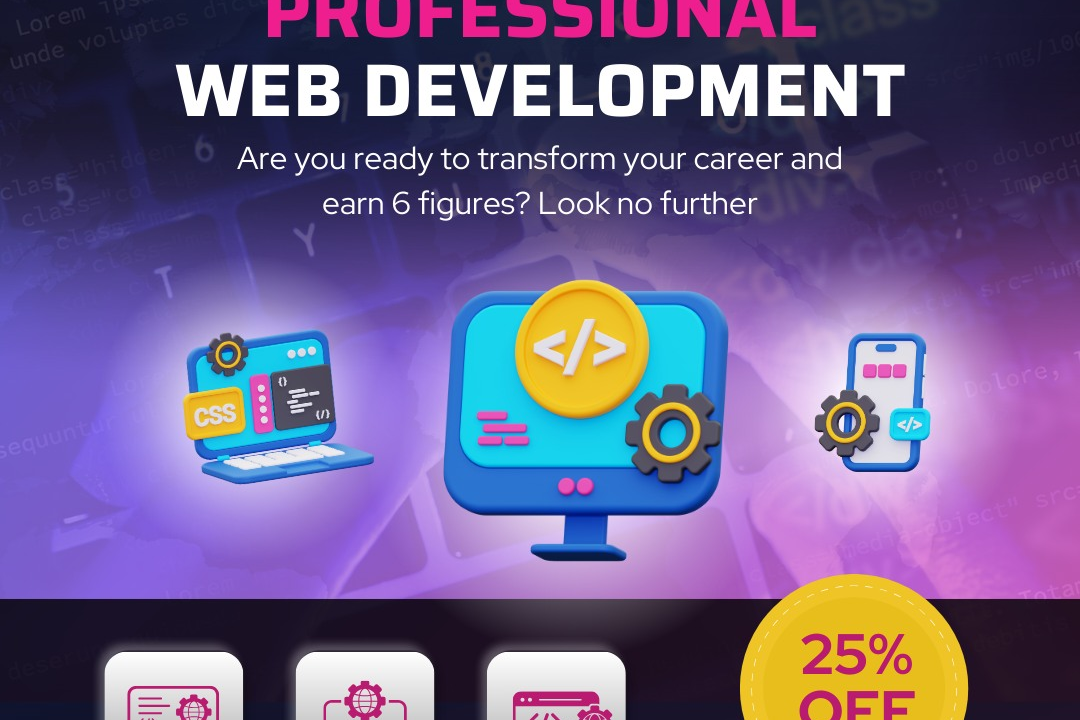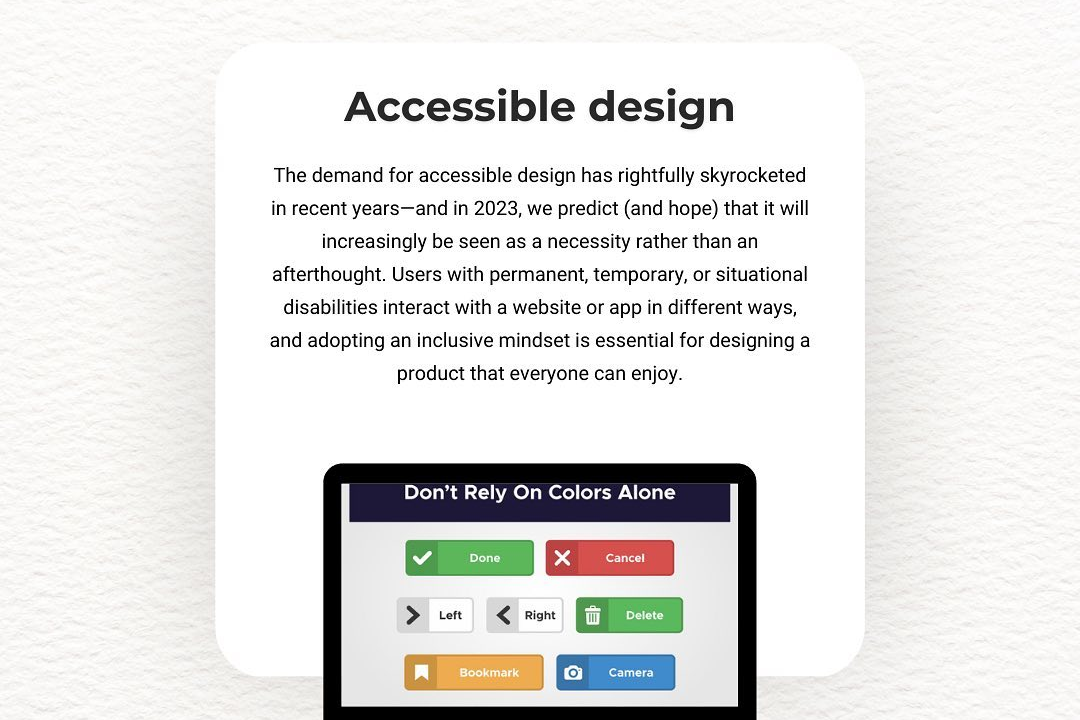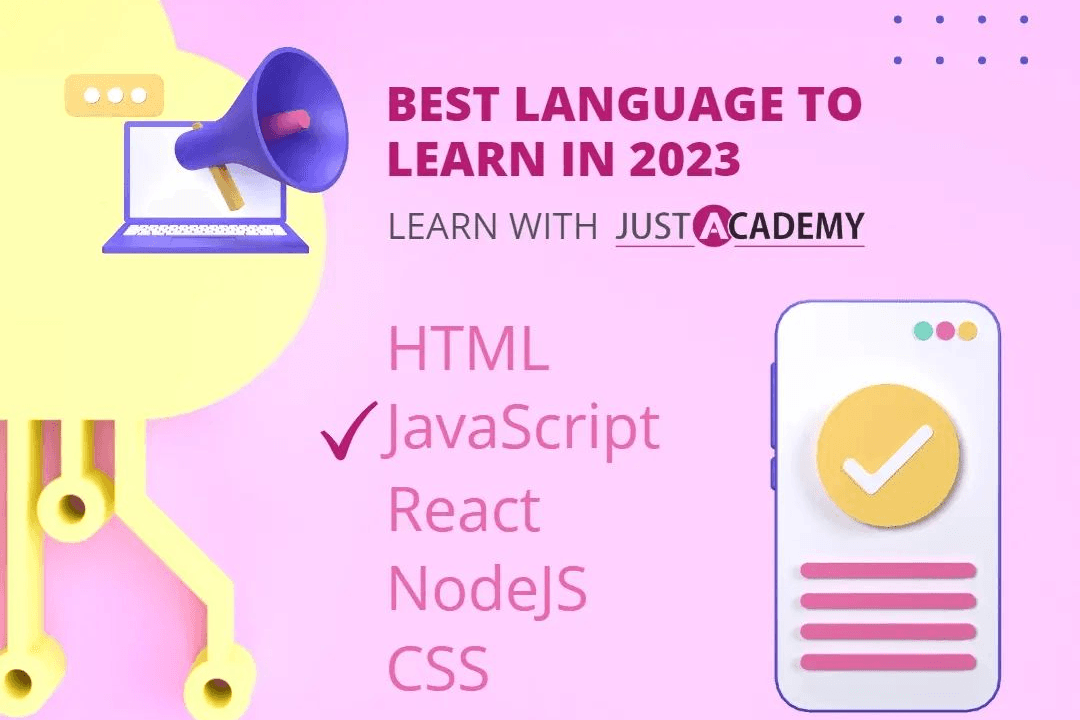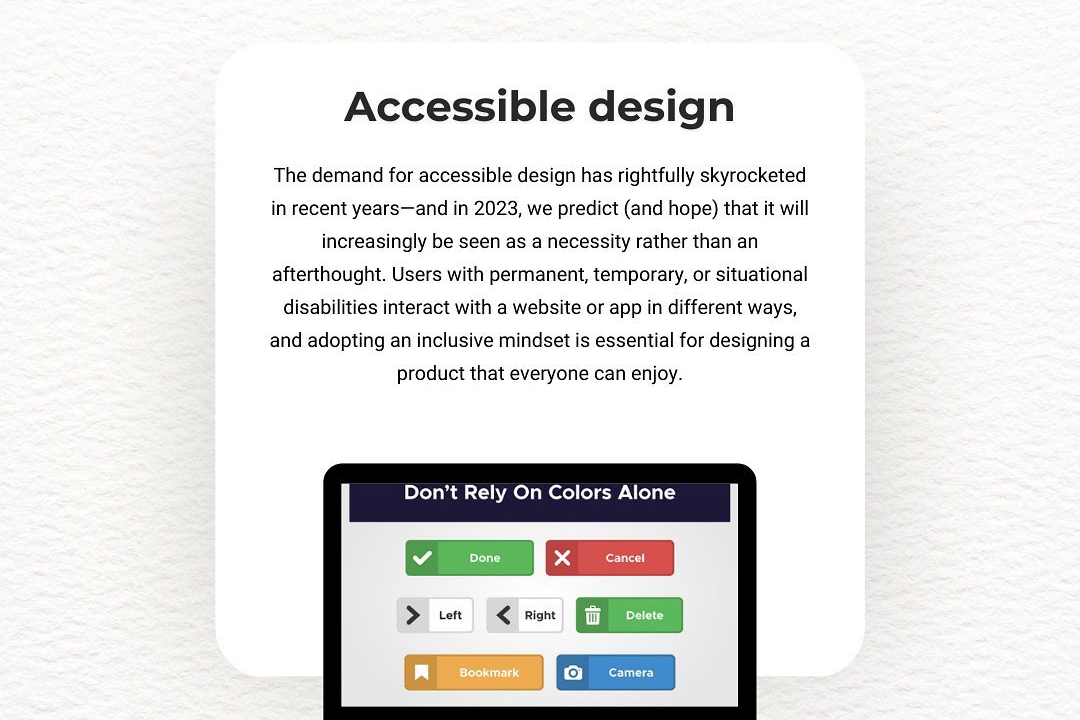data entry typing program using PHP
A data entry typing program using PHP is a web-based application designed to streamline and automate
data entry typing program using PHP
A data entry typing program using PHP is a valuable tool for businesses and organizations that need to efficiently manage and organize large volumes of information. By automating data input and retrieval processes, this program minimizes manual entry errors and saves time, allowing employees to focus on more strategic tasks. Its user-friendly interface enables quick form submissions and real-time data updates, while integration with back-end databases ensures seamless data storage and accessibility. Overall, a PHP-based data entry program enhances productivity and accuracy in data management, making it an essential asset for any data-driven operation.
To Download Our Brochure: https://www.justacademy.co/download-brochure-for-free
Message us for more information: +91 9987184296
A data entry typing program using PHP is a valuable tool for businesses and organizations that need to efficiently manage and organize large volumes of information. By automating data input and retrieval processes, this program minimizes manual entry errors and saves time, allowing employees to focus on more strategic tasks. Its user friendly interface enables quick form submissions and real time data updates, while integration with back end databases ensures seamless data storage and accessibility. Overall, a PHP based data entry program enhances productivity and accuracy in data management, making it an essential asset for any data driven operation.
Course Overview
The “Data Entry Typing Program Using PHP” course is designed for individuals seeking to enhance their data management skills through practical applications of PHP programming. Participants will learn how to create a user-friendly data entry interface, manage databases, and efficiently handle user inputs and validations. The course covers essential PHP techniques, including form handling, data storage, and retrieval, while emphasizing best practices in coding and optimizing performance. By the end of the course, learners will confidently implement a fully functional data entry system, enabling them to streamline data processing tasks in real-world scenarios. This hands-on program combines theoretical knowledge with real-time projects, ensuring participants gain valuable practical experience.
Course Description
The “Data Entry Typing Program Using PHP” course equips learners with the essential skills to create efficient data entry systems using PHP. Participants will explore key concepts such as form creation, data validation, and database management, enabling them to develop user-friendly interfaces that streamline data input and processing. Through a blend of theoretical knowledge and hands-on projects, students will gain practical experience in implementing and optimizing real-time data entry solutions. By the end of the program, learners will be well-prepared to handle real-world data management tasks effectively.
Key Features
1 - Comprehensive Tool Coverage: Provides hands-on training with a range of industry-standard testing tools, including Selenium, JIRA, LoadRunner, and TestRail.
2) Practical Exercises: Features real-world exercises and case studies to apply tools in various testing scenarios.
3) Interactive Learning: Includes interactive sessions with industry experts for personalized feedback and guidance.
4) Detailed Tutorials: Offers extensive tutorials and documentation on tool functionalities and best practices.
5) Advanced Techniques: Covers both fundamental and advanced techniques for using testing tools effectively.
6) Data Visualization: Integrates tools for visualizing test metrics and results, enhancing data interpretation and decision-making.
7) Tool Integration: Teaches how to integrate testing tools into the software development lifecycle for streamlined workflows.
8) Project-Based Learning: Focuses on project-based learning to build practical skills and create a portfolio of completed tasks.
9) Career Support: Provides resources and support for applying learned skills to real-world job scenarios, including resume building and interview preparation.
10) Up-to-Date Content: Ensures that course materials reflect the latest industry standards and tool updates.
Benefits of taking our course
Functional Tools
1 - PHP
PHP, a popular general purpose scripting language, is at the core of the data entry typing program. Its server side capabilities allow for the creation of dynamic and interactive web applications. Students will learn how to utilize PHP’s syntax and features to develop robust data entry forms and manage data efficiently. This includes working with arrays, functions, and conditionals, which are fundamental to manipulating data input from users. By using PHP, students can execute backend processes that validate and store data securely, thereby enhancing the functionality of their applications.
2) MySQL
MySQL serves as a relational database management system that stores and retrieves data for applications built with PHP. Students will gain hands on experience in designing databases, writing SQL queries, and performing CRUD (Create, Read, Update, Delete) operations. Understanding how to interact with MySQL through PHP enables learners to manage user data effectively. This includes building tables, setting relationships between them, and optimizing queries for performance. Mastery of MySQL complements their PHP skills by enabling them to create data driven applications tailored to user needs.
3) HTML & CSS
HTML (Hypertext Markup Language) and CSS (Cascading Style Sheets) are essential tools for building user friendly interfaces in the data entry typing program. Students will learn how to structure their web applications using HTML, including creating forms for data entry that are both functional and accessible. CSS will be utilized to style these forms, ensuring they are visually appealing and align with user experience design principles. Knowledge of HTML and CSS allows students to create intuitive layouts that enhance interaction and usability, critical in data entry tasks.
4) JavaScript
JavaScript adds interactivity and enhances the user experience in web applications created during the course. Students will be introduced to client side scripting, allowing them to validate user input before it is submitted to the server. This not only streamlines the data entry process but also reduces server load by preventing unnecessary requests. Furthermore, JavaScript can be used to implement features such as dynamic form elements, real time data validation, and asynchronous data handling with AJAX, all of which are essential for creating responsive data entry applications.
5) Code Editors
Using a code editor effectively is crucial in developing PHP applications. Students will explore various code editors, such as Visual Studio Code, Sublime Text, or PHPStorm, which offer features like syntax highlighting, debugging tools, and integrated version control. These tools enable students to write and manage code more efficiently, fostering a productive environment for coding. Familiarity with code editors is essential as it helps students enhance their coding practices, leading to better organization and clarity in their projects.
6) Version Control—Git
Git is a version control system that will be integrated into the course to teach students best practices in code management. They will learn how to create repositories, track changes, and collaborate on projects using platforms like GitHub. Understanding version control is vital for any developer, as it allows for the safe experimentation of code, easy rollbacks to previous versions, and seamless teamwork in multi developer environments. By mastering Git, students will be better prepared to enter the job market, where such collaborative tools are standard industry practice.
These tools are integral to the Data Entry Typing Program using PHP offered by JustAcademy, equipping students with the practical skills needed to excel in web development and data management.
Certainly! Here are additional points to expand on the Data Entry Typing Program using PHP offered by JustAcademy:
7) Frameworks
Students will be introduced to PHP frameworks such as Laravel or CodeIgniter, which streamline the development process and promote the use of best practices in coding. Frameworks provide built in functionalities for common tasks, including routing, database management, and templating, which can significantly reduce development time. Learning to work with frameworks enables students to build scalable and maintainable applications, making it an essential skill for modern web developers.
8) RESTful Services and APIs
Understanding how to create and consume RESTful services and APIs is crucial in today’s interconnected world. Students will learn how to build APIs using PHP that can handle data entry from third party applications or mobile devices. This knowledge allows them to facilitate communication between different services and create versatile applications that can integrate with other systems, expanding their project capabilities.
9) Data Validation and Security
Data validation is a critical aspect of building applications that handle user input. Students will learn various techniques to validate and sanitize inputs to prevent attacks such as SQL injection and cross site scripting (XSS). Security best practices will be discussed to ensure that applications are robust and protect sensitive user data, establishing trust with users and adhering to industry standards.
10) Project Management Tools
Familiarity with project management tools such as Trello, JIRA, or Asana will be introduced during the program. These tools help students organize their workflow, track progress, and collaborate effectively on projects. Learning to use project management software prepares students for real world environments where team collaboration and project tracking are vital for success.
11 - User Authentication and Authorization
Implementing user authentication and authorization mechanisms is another key component of the course. Students will explore methods to secure their applications, including user registration, login systems, password hashing, and session management. Understanding these elements is essential to create applications that manage user accounts safely and provide access control to different functionalities based on user roles.
12) Responsive Web Design
With a growing emphasis on mobile access, students will learn the principles of responsive web design. They will utilize frameworks such as Bootstrap or CSS Flexbox to ensure that data entry forms and applications work seamlessly across a variety of devices and screen sizes. This skill is invaluable for creating accessible applications that cater to a diverse user base.
13) Testing and Debugging
Students will gain insights into various testing methodologies, including unit testing and functional testing, to ensure their applications are bug free and perform as expected. Learning how to debug code effectively will help them identify issues quickly, improving overall code quality and reliability. Tools like PHPUnit for testing PHP applications will also be introduced.
14) Deployment and Hosting
The course will cover the best practices for deploying PHP applications to web servers. Students will explore different hosting options, including shared hosting, cloud hosting, and containerization with Docker. Understanding how to deploy applications allows learners to transition their projects from development to production smoothly.
15) Real Time Collaboration Tools
Incorporating real time collaboration tools such as Slack or Microsoft Teams can enhance communication among team members during projects. Students will learn how to effectively use these platforms to discuss ideas, share updates, and troubleshoot issues collaboratively, mirroring practices found in industry settings.
16) Soft Skills Development
In addition to technical skills, the program will also emphasize the importance of soft skills, such as communication, teamwork, and problem solving. These skills are essential in any development role, as they enable students to effectively collaborate with colleagues and convey ideas clearly. Workshops and group projects will encourage participants to hone these skills throughout their learning journey.
By incorporating these additional points, JustAcademy ensures that its Data Entry Typing Program using PHP not only covers technical competencies but also prepares students for the holistic demands of the modern tech industry.
Browse our course links : https://www.justacademy.co/all-courses
To Join our FREE DEMO Session:
This information is sourced from JustAcademy
Contact Info:
Roshan Chaturvedi
Message us on Whatsapp: +91 9987184296
Email id: info@justacademy.co












